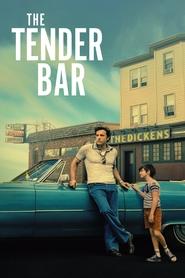
The Tender Bar Ending Explained
‘The Tender Bar’ is a moving coming-of-age narrative about JR, who grows up in his grandfather’s house. Raised by a single mother and frequently disappointed by an absentee father known only as “The Voice,” JR aspires to be a writer but doubts he can succeed. His mother wants him to be a lawyer, whereas his Uncle Charlie, who owns the film’s title bar, is all about what it takes to be a man (which includes owning a car and always having “stashies” in the wallet). JR’s unexpected path to becoming a writer is filled with warmth and nostalgia. Let’s take a closer look at ‘The Tender Bar’ to discover where our hero winds up. WARNING: SPOILERS AHEAD.
Synopsis of the Tender Bar Plot
After being unable to pay their rent, a young JR and his mother move into his grandfather’s house. The house is often bustling with family, and JR learns many life lessons from his brusque but kind Uncle Charlie. The young youngster is preoccupied with his father, who works as a radio jockey and travels from place to place. The father, dubbed “The Voice,” is frequently disparaged at JR’s grandfather’s household, but that doesn’t stop the little kid from trying to listen to his father’s radio shows whenever he has the chance. However, after two brief, unsatisfactory exchanges, it is evident that the absentee father is unconcerned about his son.
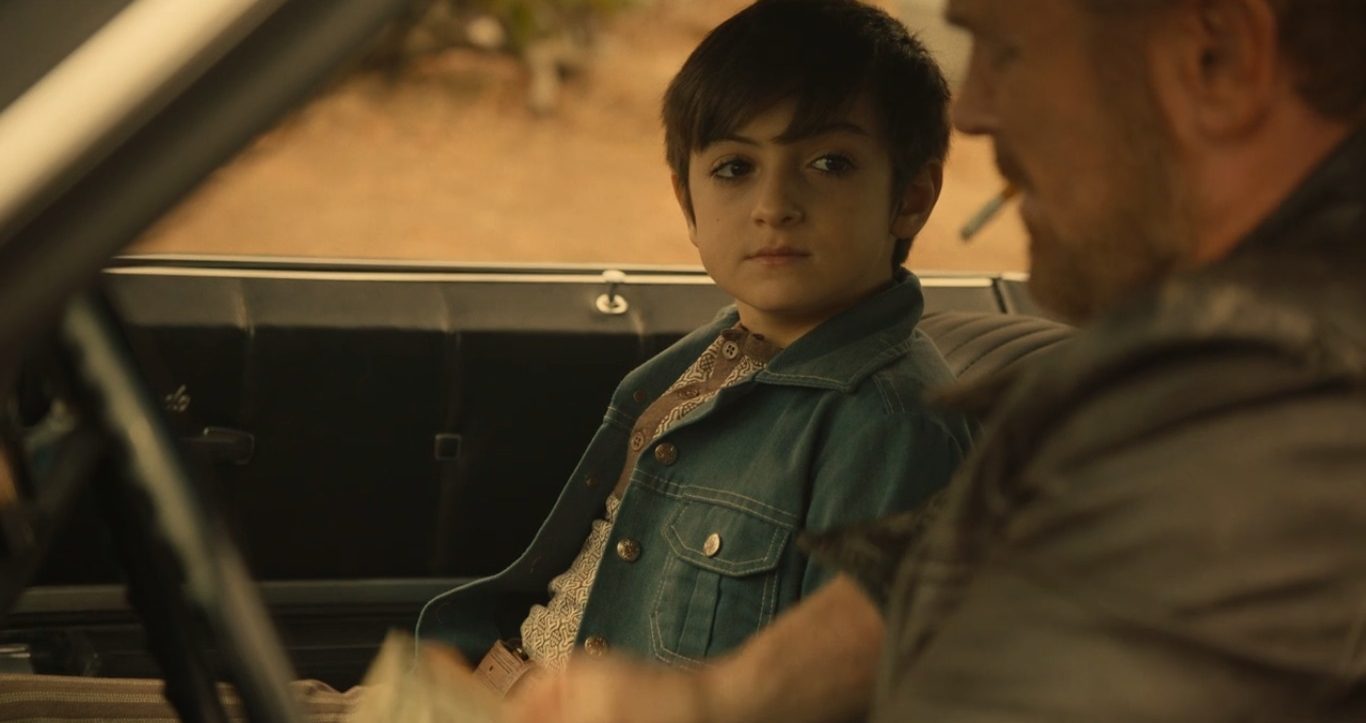
Uncle Charlie introduces JR to books, and the youngster is enamored with them. Soon after, he amazes diners at his uncle’s tavern (The Dickens) by solving the local newspaper’s Wordy Gurdy with ease. We watch an adolescent JR traveling to Yale for an admissions interview through cutscenes. On the way, he speaks to a priest, implying that he does not believe he would be admitted.
JR is eventually accepted to Yale and even receives a scholarship. During his first year of college, he falls in love with Sidney but is cruelly abandoned shortly after arriving at her lavish estate for Christmas. Throughout college, JR is obsessed with Sidney, who frequently breaks up with him by saying she’s seeing someone else. During one of their many breakups in their final year of college, she suggests to JR that he apply to The New York Times.
The Tender Bar Is Coming to an End: Will JR Write a Memoir? Does he ever leave his grandfather’s house?
JR is hired as a trainee at The New York Times but is forced to resign when he is not promoted to full-time reporter. JR spends his days in his uncle’s pub, relentlessly typing and drinking, convinced he wants to write a novel and informed (repeatedly) that memoirs are in fashion. The desire to see his father eventually leads the young man to a diner where the two meet.
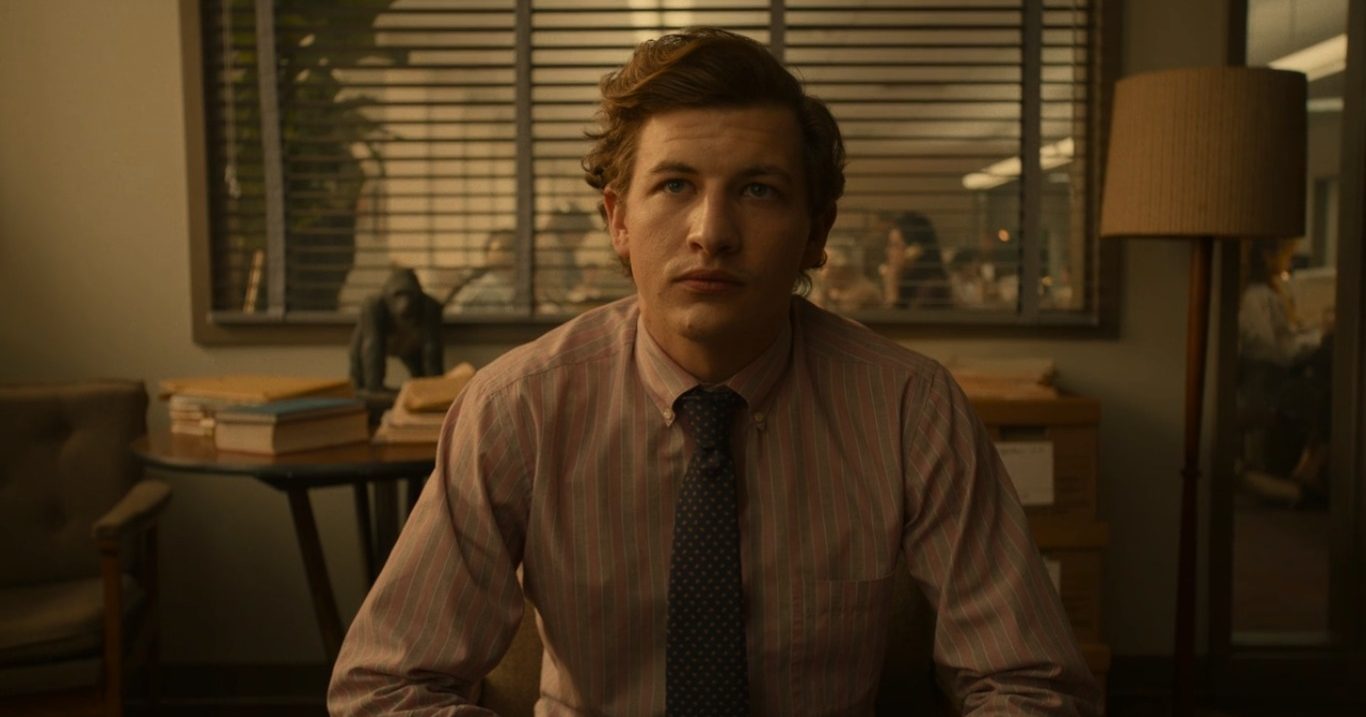
The reunion is unpleasant, and it concludes with JR calling the cops on his father after the latter becomes aggressive in an intoxicated stupor. Back at The Dickens, JR tells Uncle Charlie that he’ll be relocating to Manhattan with a Yale friend. The film concludes with our protagonist driving away in his freshly acquired automobile, a gift from Uncle Charlie, contemplating his memoir.
Despite the fact that we only see the beginning of JR’s (presumably) thriving writing career, we get a few signs that he does, in fact, write his memoir. Most notably, the film’s occasional voice-over narrates the story like a memoir and notes in the final scene that he (JR) feels fortunate because memoirs are currently popular. As a result, the film’s main open secret is that JR did write his book and is effectively telling the audience how he got to the point of starting to write it.
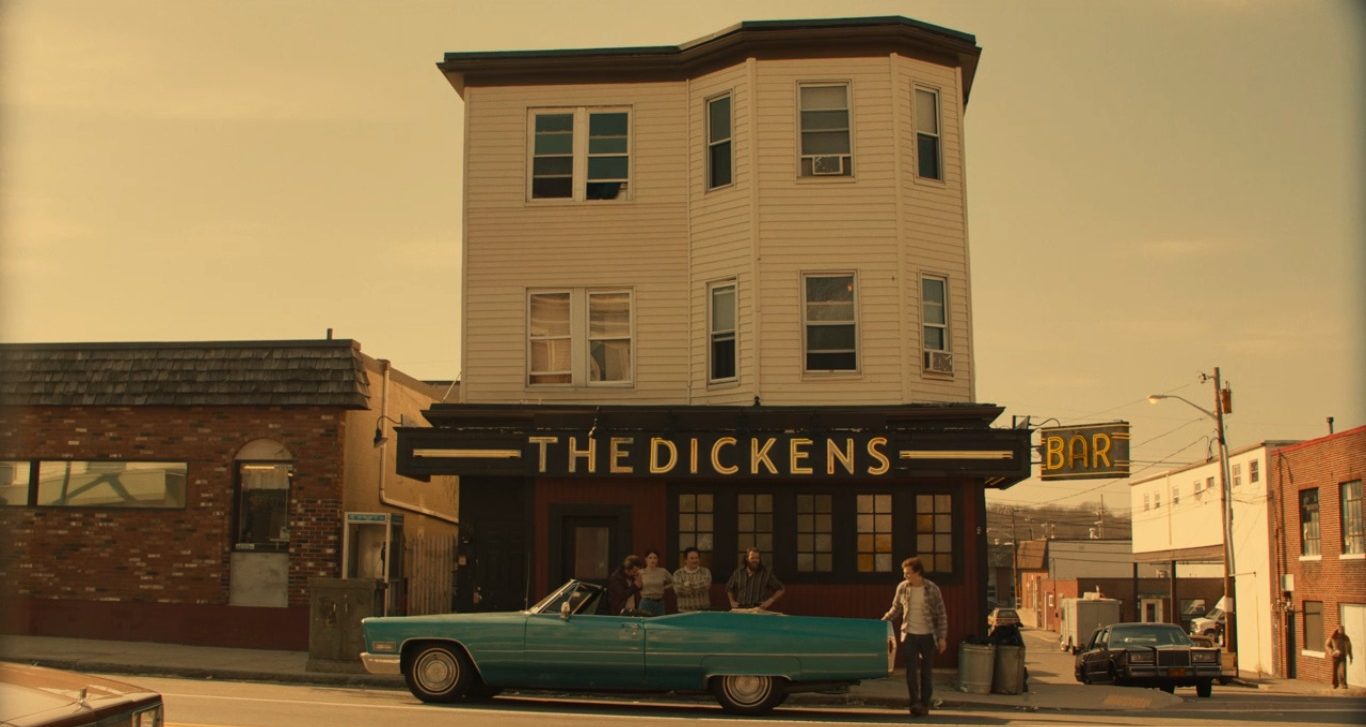
JR’s coming-of-age story is another that finishes in the film’s last moments. He moves out to live on his own after growing up in his grandfather’s house. He also seemed to have fulfilled all of Uncle Charlie’s prerequisites for “becoming a man,” with the last item missing, an automobile, lovingly supplied by the Uncle himself.
JR and His Father Make Up? Why is JR’s father referred to as The Voice?
JR has spent much of his youth clinging to an intriguing image of his father. Despite being constantly sidelined, the protagonist attempts to reconnect with The Voice as an adolescent. The last minutes of the film tie together its key story lines in subtle yet satisfying ways, and JR’s final encounter with his father appears to be a big breakthrough for the former (something that his father, ironically, points out in his drunken state).
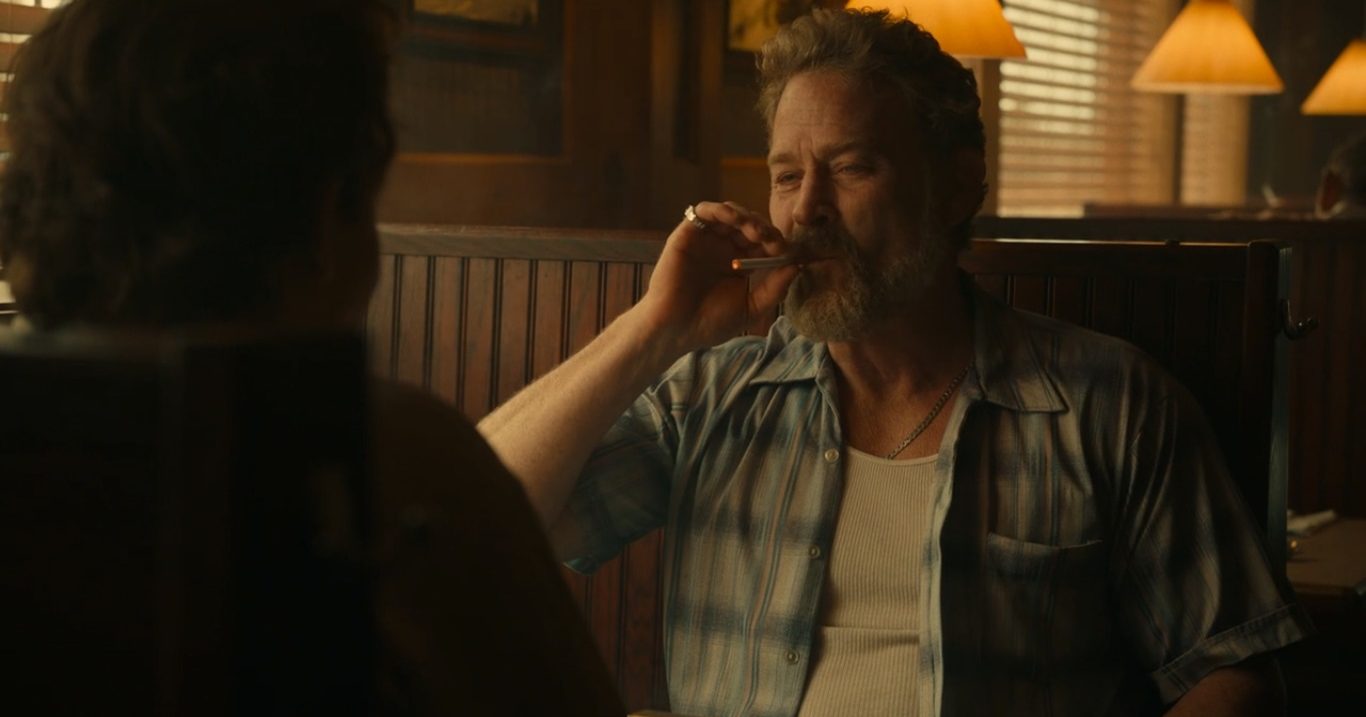
JR discovers his father is irredeemable after witnessing him strike a woman and has him imprisoned. As a result, JR and his father do not reconcile, although the former looks to have moved on from his attempts to reunite with the latter. Soon after the incident, JR confesses that he does not have a father, expressing his sentiments about the situation.
JR’s father is simply referred to as “The Voice,” owing to his employment as a radio jockey and the fact that JR has never met him and only knows him through his voice. The title, on the other hand, has a figurative bent and could refer to the dark voice that JR bears within him.
JR is plagued by self-doubt and anxieties of not being good enough, and he has a near-fatal brush with alcoholism, which is averted by some timely advise from Uncle Charlie. Though the film closes with JR wanting to think that he does not have a father, there is a darker undertone in which our hero realizes that he will always carry his father’s bad tendencies (“the voice”) within him.
Genre: Drama
Director: George Clooney
Actors: Ben Affleck, Briana Middleton, Christopher Lloyd, Lily Rabe, Max Martini, Rhenzy Feliz, Tye Sheridan
Country: United States
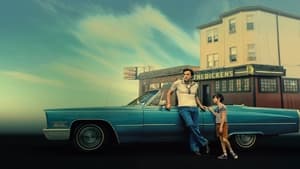

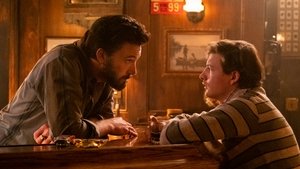

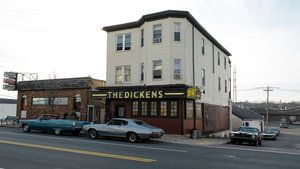
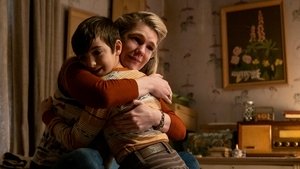


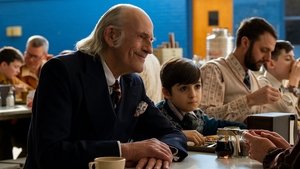
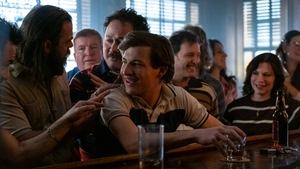




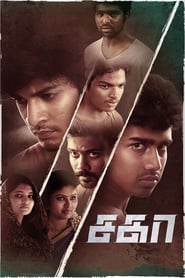





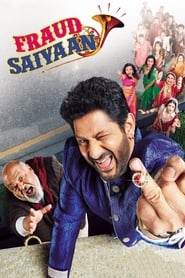

Leave a Reply
You must be logged in to post a comment.